Nordic-Baltic Energy conference 2018: speakers

Time: 27.-28. September 2018
Venue: Hilton Hotel, Tallinn
Conference language: English
Organizers: The Nordic Council of Ministers Office in Tallinn and the Senior Energy Committee under NCM, Ministry of Economic Affairs and Communication of Estonia
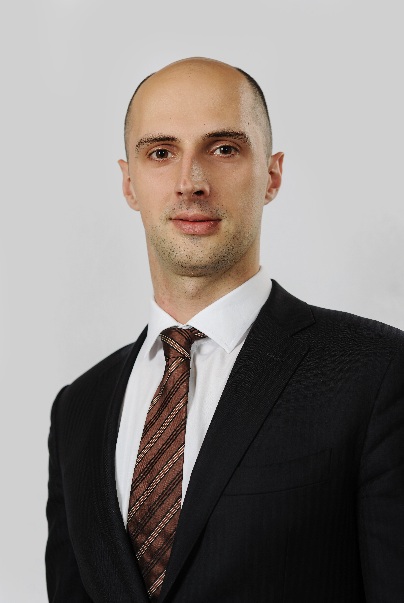
Andrejs Apanuks
Director of Sustainable Energy Policy Department in the Ministry of Economic Affairs, Latvia
Andrejs Apanuks obtained his Mg.oec. in Riga Technical University in international economic relations in 2008. Professional experience includes international trade policy matters (EU Trade policy, WTO issues etc.) in the Ministry of Economic Affairs, 2005-2014, team member in Latvia’s Presidency in the Council of the European Union in 2015 with a focus on international relations in energy. August 2015-March 2018 Deputy Director of Renewable Energy Resources and Energy Efficiency Department, from March 2018 – Director of Sustainable Energy Policy Department in the Ministry of Economic Affairs.
What are your first keywords regarding the relevance of the conference?
“Energy efficiency first” as a principle is an absolute requirement for the success of the Energy Union. Yet, we see that its potential can be used only via huge, diversified and persistent energy savings across the economy.
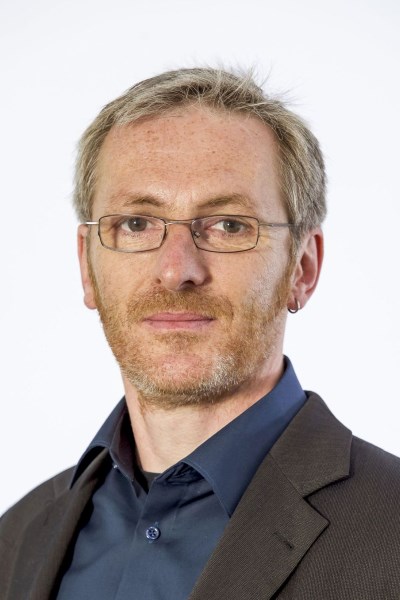
Daniel Becker
Director at Ecofys, Germany
Mr Becker, MA economist and political scientist, works as the director and practice leader of ‘Policy Design and Evaluation’ at Navigant (former Ecofys) in Berlin since 2006. He is an expert on market conditions and support schemes for renewable energies and energy efficiency. After graduating in 1998, he worked as an energy expert for the Green Party Parliamentary Group. In 2001–2005, he worked for the German Federal State Energy Agency with the government’s export promotion programme for renewable energies. His team contains 25 experts from DE, NL, UK, BE, specialising in policy instruments for renewable energies, energy efficiency and security, also focusing on EU-28, MENA, and the former Soviet Union.

Emma Thornberg
Swedish Ministry of Energy, Head of Section
Ms Thornberg works as the Head of Section, Swedish Ministry of Energy. The Clean energy package is vital for the European policy for growth, security of supply and CO2-reductions. These challenges need addressing by substituting fossil fuels with renewables - and by using our energy supplies more efficiently. A robust and transparent governance will help to achieve the common energy and climate targets for the EU so that Member States get enough flexibility to fulfil objectives cost effectively and design measures for national circumstances. Sweden welcomes cooperation in the governance system.
What are your expectations towards this conference?
“We are looking forward to learning from other member states’ experiences with developing national energy and climate plans.”
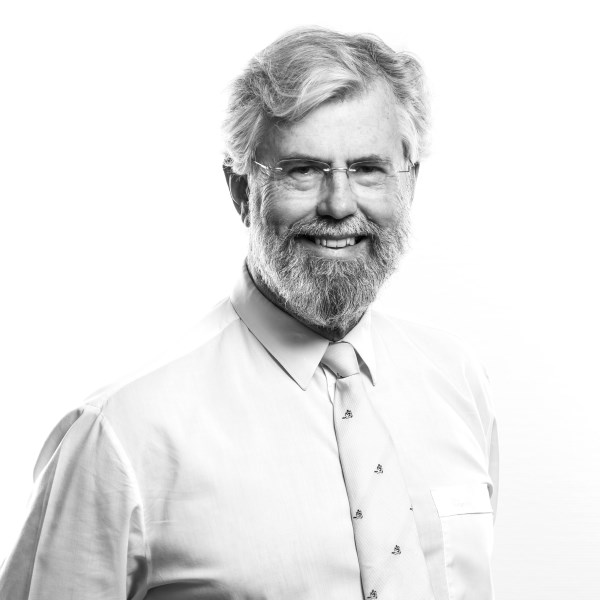
Hans Jorgen Koch
CEO of the Nordic Energy Research, Norway
Hans Jørgen Koch is the CEO of the Nordic Energy Research. He is the former Director General of the Danish Ministry responsible for energy and the former IEA-Director (International Energy Agency, Paris). In 2018, the Nordic Energy Research published a report (BENTE) on Baltic Energy Technology Perspectives. The report analyses how Estonia, Latvia and Lithuania in 2030-2050 can at the same time
- Achieve their energy- and climate targets
- Enhance energy security
- Maintain affordable prices
Mr Koch will present the main conclusions of the report.
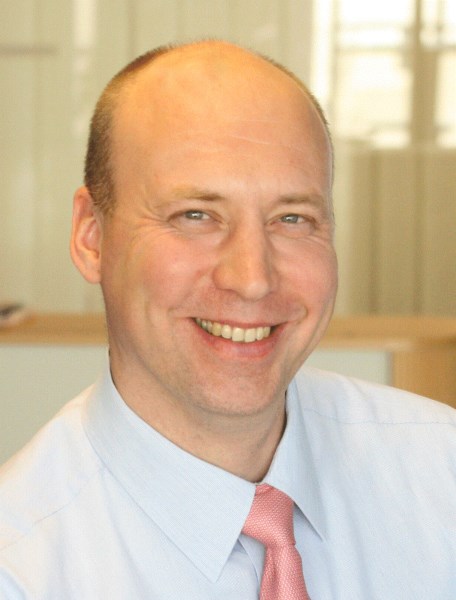
Jarmo Heinonen
Senior Director, Cleantech, Business Finland
Jarmo Heinonen works as the senior director of Cleantech in Business Finland (previously, Business Finland was known as Tekes – the Finnish Funding Agency for Innovation). He has been working in Business Finland and Tekes already for 18 years and has gained a strong innovation strategy and financing skills. Before the current position, he was the head of the Tekes Shanghai office (2010-2016), the director of forest and chemical industries (2008 – 2010) and the director of the process technology unit (2006-2008). He has also worked at the Finnish Pulp and Paper Research Institute and Pulp and Paper Centre at the University of Toronto. Mr. Heinonen graduated from the Helsinki University of Technology and obtained his M.Sc. degree in the Department of Chemical Engineering.
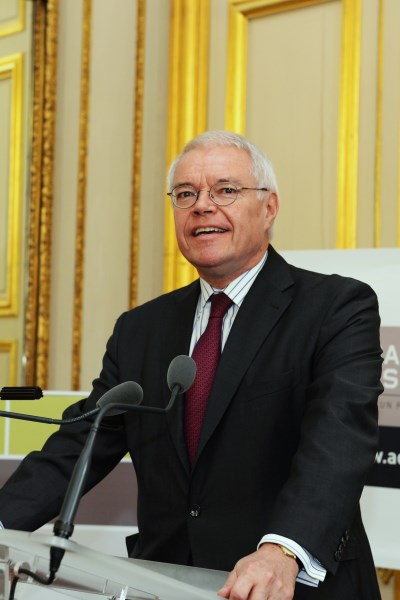
Jean-Arnold Vinois
Adviser on European Energy Policy at the Jacques Delors Institute, Belgium
Mr Vinois Mr Vinois spent most of his professional career in the European Commission. Since 1987, he has held several management posts dealing with the internal market, transport, trans-European networks and energy policies, and acted as the director for the internal market for electricity and gas. After retiring in 2013, he was appointed Honorary Director. He is now Adviser on the Energy Union at the Jacques Delors Institute in Paris and Berlin. Being also a policy adviser to the Florence School of Regulation and the Vlerick Business School, he lectures at conferences, to students, and energy professionals.
What are your first thoughts on the relevance of the conference?
“As all Member States have to prepare energy and climate plans due to the Paris Agreement, it is highly relevant to exchange the updates on these and to start closer cooperation between the Member States.”
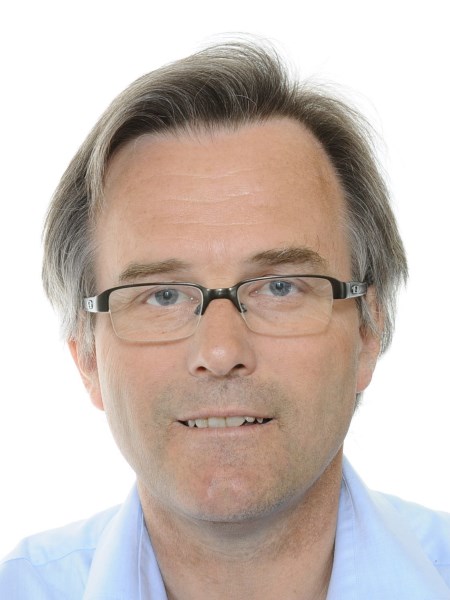
Johan Vetlesen
Deputy Director General at Ministry of Petroleum and Energy, Norway
He is the the Deputy Director General of the Ministry of Petroleum and Energy/Nordic Council of Ministers Energy Committee. The Nordic energy ministers adopted a new programme for 2018-2021 - the single Nordic electricity market, renewable energy, energy efficiency and research are still important, also the Baltic countries. For this, Nordic energy cooperation (the Ollila-report) was strategically reviewed. New demands on good governance towards 2030 and the EU process on energy policies are discussed on many levels. The Estonian Presidency of the EU supported compromises in the council’s work on energy, resulting in new legislation.
What are your first keywords regarding the relevance of the conference?
“This conference is timely and relevant as EU energy topics are handled by all Nordic and Baltic countries, enabling a good exchange of information on dealing with key EU matters and it benefits participants.”

Juozas Abaravičius
Project manager at LITGRID UAB, Lithuania
Juozas Abaravičius works with strategic transmission infrastructure projects at the Lithuanian electricity transmission operator LITGRID since 2010. His major responsibilities included the development and management of the Swedish-Lithuanian project Nordbalt as well as the Lithuanian-Polish interconnector LitPol link. His current major field of activity within the Strategy department is the Baltic States’ synchronisation with Continental Europe Networks. Juozas Abaravičius holds a Ph.D. degree in Energy Sciences.
What are your first keywords regarding the relevance of the conference?
“The future of the Baltic States’ electricity grids shall be based on shared EU values and trust among neighbours.”
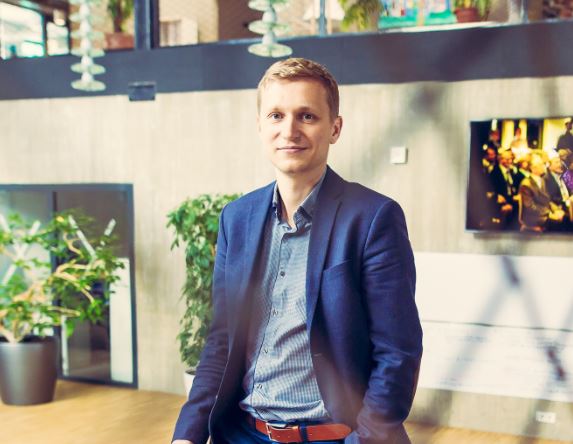
Karl Kivinurm
Strategy Manager at Elering AS, Estonia
Karl Kivinurm has been involved in the energy sector for about 10 years and has previous experience from energy production to retail business. Since 2017, he works as the strategy manager of the Estonian electricity and gas transmission operator - Elering. Karl Kivinurm is also involved in Entso-e Research, Development and Innovation Committee where he leads the ICT and digitalisation workgroup.
What are your first keywords regarding the relevance of the conference?
The Baltic Sea region has been leading the wholesale energy market development in Europe for two decades. With digital tools, it is time to empower the final customers, connect the retail markets and bring in flexibility products.
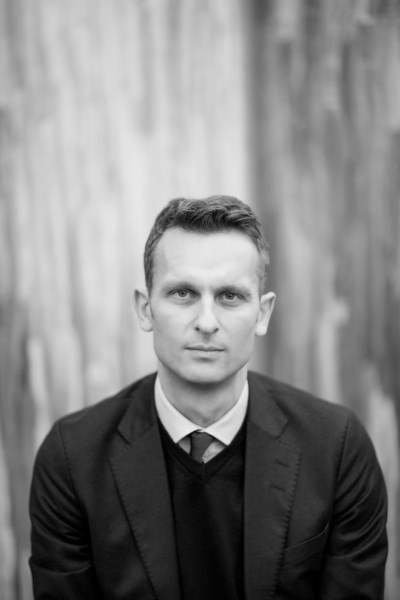
Knut Kroepelien
Director of the Marketing Department at Energy Norway
Knut Kroepelien is Director at Energy Norway with responsibility for markets, customers and EU and legal affairs. He is trained as a lawyer and holds an LL.M in European Law. Previously he has held different positions at the Norwegian Ministry of Environment, the European Commission and the Norwegian Delegation to the EU.
What are your first keywords regarding the relevance of the conference?
“This event covers the main energy sector issues today: how much integration is needed and possible? Can the governance system improve trust between countries and ensure more cost effective cross border security of supply and climate action?”
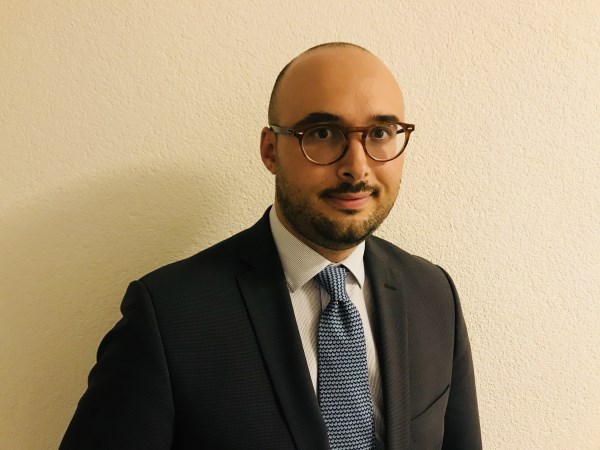
Leonardo Zannier
Policy Officer at European Commission, DG Energy, Belgium
Leonardo Zannier Since 2013, Leonardo Zannier has worked as a Policy Officer in the Energy Policy Coordination Unit of the Directorate General for Energy, European Commission. He has been part of the teams in charge of the development of some of the latest EU initiatives in the energy field, in particular the "2030 Framework for Energy and Climate", the "Energy Union Strategy" and the "Clean Energy for all Europeans" Package. In the last two years, Mr. Zannier has notably coordinated the negotiations with the Council and Parliament of the Regulation on the Governance of the Energy Union.
What are your first keywords regarding the relevance of the conference?
“This event reconfirms that Nordic and Baltic countries showcase some of the best examples of energy cooperation in Europe. The Clean Energy Package and Governance Regulation will help to advance this.”
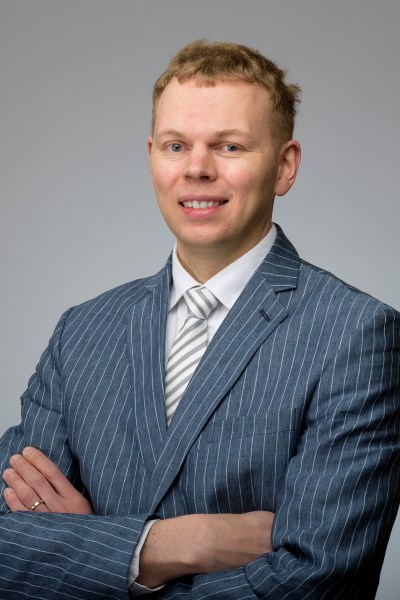
Madis Laaniste
Planning Manager, Energy Department, Ministry of Economic Affairs and Communications, Estonia
Madis Laaniste has worked at the Ministry of Economic Affairs and Communications since 2001. During the recent Estonian Presidency of the EU, he was closely involved in the drafting and negotiations of the Regulation on the Governance of the Energy Union. Currently, he coordinates the work to complete energy chapters of the National Energy and Climate Strategy.
What are your first thoughts regarding the relevance of the conference?
“Mutual trust between Nordic and Baltic countries has been growing fast during the last decades. Building on this, the Energy Union governance process can offer new added value to our energy consumers and producers.”
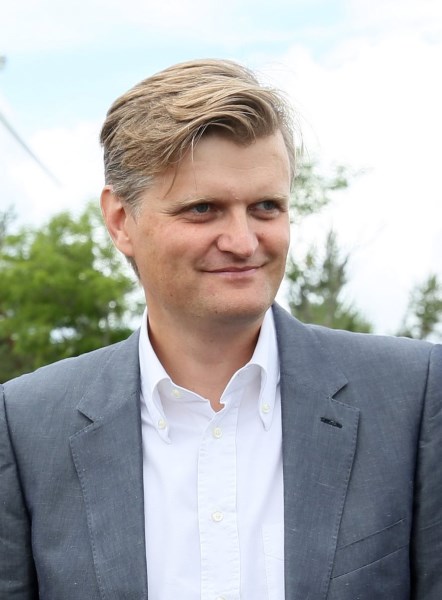
Martin Kruus
Estonian Wind Power Association, Chairman of the Board
Martin Kruus holds a MSc degree in Thermal Engineering and has been involved in the renewable energy sector for 18 years. Since 2005, he works as the CEO of the biggest wind energy producer in the Baltic States - Nelja Energia (Four Energy). Since 2009, Martin Kruus is also the Chairman of the Board in the Estonian Wind Power Association (EWPA).
What are your first keywords regarding the relevance of the conference?
“The Baltic Sea has perfect conditions for offshore wind power and a close proximity to consumers. Building more wind farms here can highly boost our economies, increase energy independence and share of renewable energy.”
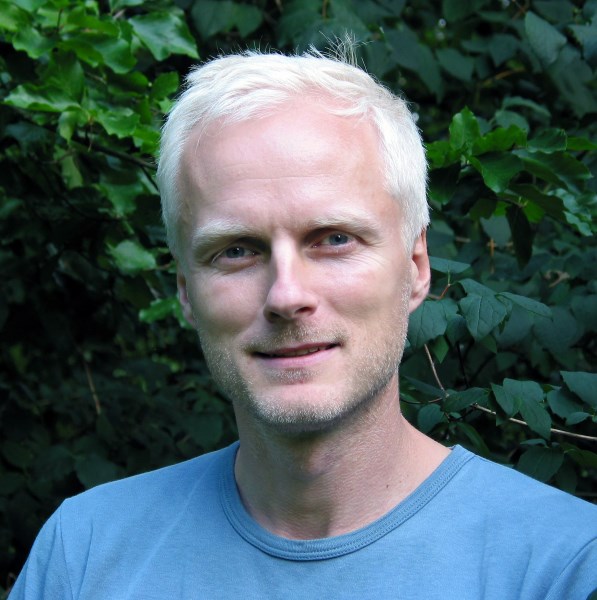
Morten Boje Blarke
Chief Advisor of the Danish Energy Agency
Dr. Morten Boje Blarke is Chief Advisor at the Danish Energy Agency, also the project leader on Denmark’s official energy and climate ojections who has a leading role in developing the integrated Danish Energy Model platform, which is the operational analytical basis for projections and official plans. Dr. Blarke holds a Ph.D. in Sustainable Energy Planning and Management and is a specialist in energy systems’ analysis, scenario modeling, and large-scale integration of intermittent renewables.
What are your first keywords regarding the relevance of the conference?
“Our collaborative efforts toward a collective set of energy and climate plans of action calls for methodological alignment so that political conclusions will be rooted within a common framework of scientific understanding.”
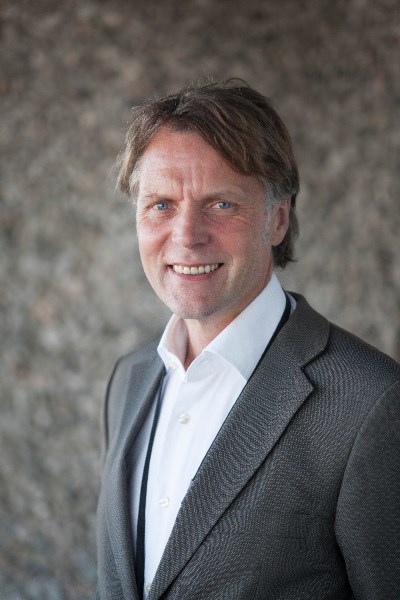
Ove Flataker
Director, Energy Regulatory Authority, NVE, Norway
Ove Flataker is the Director of the Energy Regulatory Department in the Norwegian Water Resources and Energy Directorate (NVE), he has a Master’s degree in Economics and Business administration, and a Bachelor’s in Marine Technology. The Department regulates and monitors the wholesale and retail energy market in Norway, quality of supply and power exchange with its neighbours. It also defines revenue caps for the Transmission System Operator and 120 Distribution System Operators, regulates tariffs and system operation. Today, the focus is on developing harmonised European power market regulations, digitalisation of the energy sector.
What are your first keywords regarding the relevance of the conference?
“Renewable energy, electrification, digitalisation, automation and market integration across sectors and countries are necessary to develop an efficient, secure and clean energy system for all citizens.”
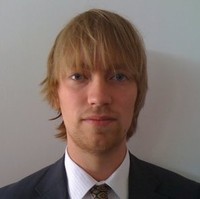
Peter Zeniewski
Energy Analyst at International Energy Agency (IEA), UK
Peter Zeniewski is an Energy Analyst at the International Energy Agency’s World Energy Outlook team. He previously worked at the European Commission’s Institute for Energy and Transport as a Scientific Officer, before taking up duties as a Senior Analyst at Wood Mackenzie’s European Energy Service. He also held a position as a Chancellor’s Fellow at the University of Edinburgh and has a PhD in International Relations from the University of Oxford.
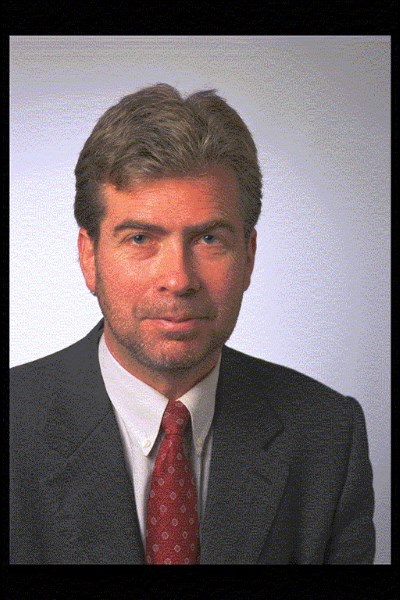
Ragnar Ottosen
Chairman of the Board Nordic Commodities AS, Norway
Ragnar Ottosen is the Chairman of Nordic Commodities AS, which has over several years identified and developed small scale projects within the field of green energy, also in combination with the use of Smart Technologies. Today, the company has a significant portfolio of projects. Together with finance technology partners, a crowdfunding platform has been developed with the objective of creating an investment community for green projects.
What are your first keywords regarding the relevance of the conference?
“The small scale energy efficiency and renewable energy project - the search for efficient financing.”
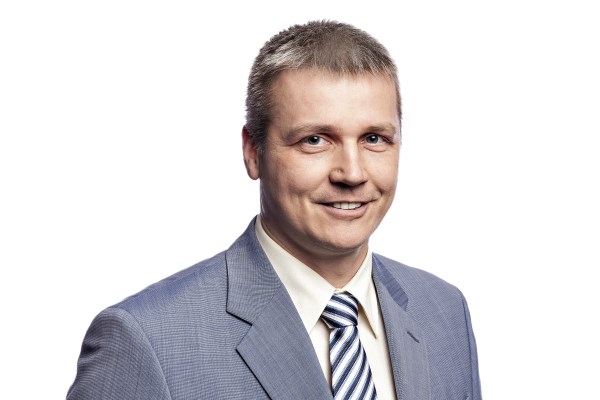
Raimond Tamm
Deputy Mayor at Tartu City Government, Estonia
Raimond Tamm works as the Deputy Mayor for the City of Tartu and is responsible for communal services, city transport, entrepreneurship and innovation. His fields of expertise are entrepreneurship, smart city, spatial planning, energy policy, economic policy and environmental policy. Raimond is also the coordinator of the SmartEnCity lighthouse project which is about the development and implementation of integrated smart city solutions.
What are your first thoughts regarding the relevance of the conference?
“Implementation of different activities related to energy efficiency and renewable energy at the local level are crucial when aiming at the EU ambitious climate targets.”
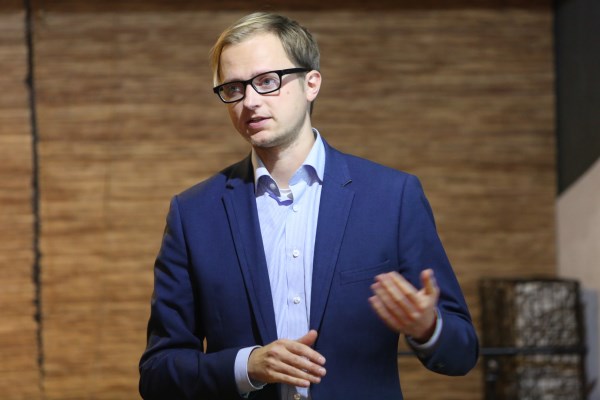
Raul Potisepp
Board member, Elektritransport LLC, Estonia
Raul Potisepp graduated from the University of Glasgow, his thesis was on the topic if liquid biofuels are a reasonable alternative in the Estonian transportation sector. In recent years, he has worked as a project manager at the Estonian Renewable Energy Association. In addition, he is active in promoting electric cars in Estonia. Raul Potisepp will speak about the potential of electromobility and how important it is to recognise the trend today when setting targets and planning investments for infrastructure.
What are your first thoughts regarding the relevance of the conference?
“Battery prices have fallen dramatically during the past few years, meaning that all sorts of battery powered vehicles are getting cheaper and their range is increasing.”
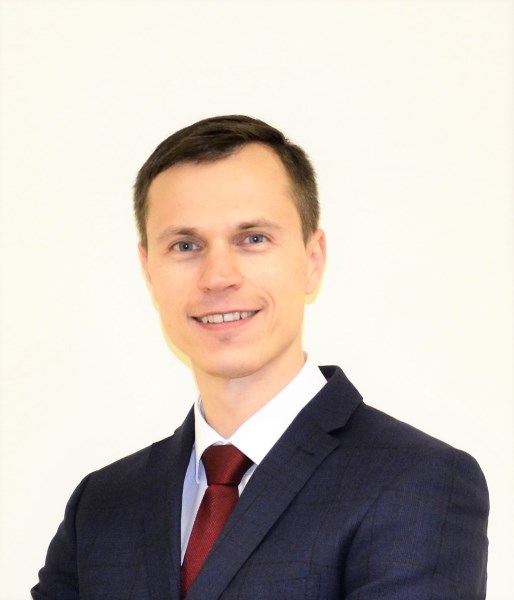
Tomas Lukosevicius
Head of Division at Ministry of Energy of the Republic of Lithuania
Tomas Lukosevicius holds a Master’s degree in international relations and diplomacy. Since 2009, he works in the Ministry of Energy and currently holds the position as Head of International Cooperation and Planning Division. Tomas was coordinator of the Presidency’s activities of the Council of the EU during Lithuanian EU Presidency 2013 and energy policy planning. Three months ago Lithuanian Parliament has approved a new National Energy Independence Strategy stressing the development of renewables, technologies and innovations with ambitious targets for 2030. It will be a „breakthrough“ strategy for Lithuania helping reach the goals and visions of Energy Union as well as meet the ongoing tremendous transformations in energy sector.
What are your first keywords regarding the relevance of the conference?
“Many energy questions have to be addressed and solved regionally. Therefore, such conferences like this, gathering most integrated Nordic-Baltic region is one of essential elements for our success.”

